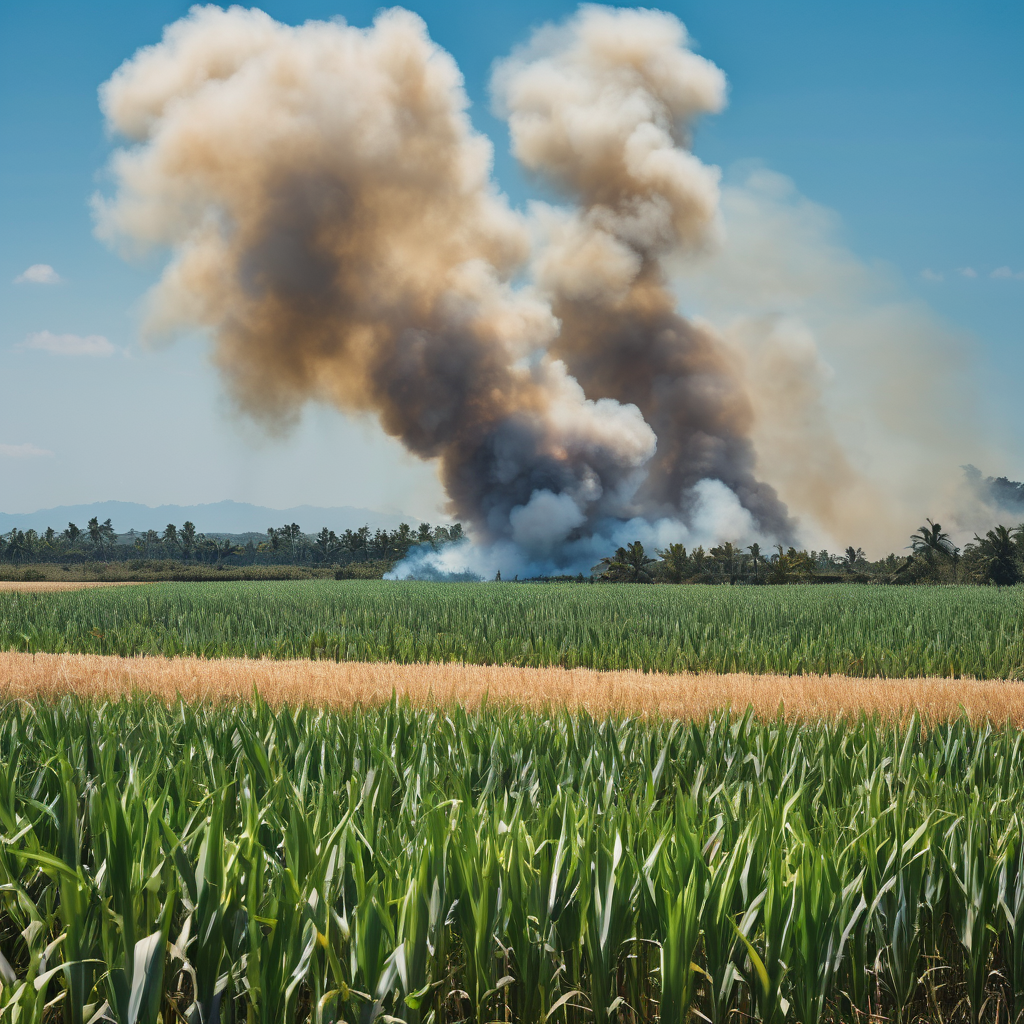Minister for Sugar Charan Jeath Singh has reported that approximately 32% of sugarcane remains unharvested in the Rarawai and Penang regions, amounting to around 194,000 tonnes, while 68% has already been processed. In a proactive response to the recent disruptions caused by a fire at the Rarawai Mill, which led to temporary operational halts, Singh confirmed that more than 74,000 tonnes of cane have been successfully transferred from Rarawai to Lautoka for processing at a government cost exceeding $1.1 million.
The Ministry is actively engaged in stabilizing the sugar industry following the incident. The government has implemented a transport assistance program that offers farmers $15 per tonne to alleviate the financial burdens associated with rerouting cane production. Singh emphasized that this initiative also includes new quota measures designed to ensure equitable distribution of harvesting operations between both mills while safeguarding the livelihoods of cane cutters.
Minister Singh reiterated the Ministry’s commitment to protecting the livelihoods of farmers and mill workers as they work toward restoring full operational capacity to the sector. In light of the current situation, his focus remains on both immediate and long-term strategies to support farmers and ensure the continuity of operations.
Recent similar reports indicate an ongoing collaboration between the government, the Fiji Sugar Corporation (FSC), and industry stakeholders to manage the impacts following the Rarawai Mill’s closure. Despite the challenges posed by the fire, initiatives aimed at mitigating logistical challenges have been highlighted, ensuring that the sector remains resilient. The emphasis on enhancing safety protocols and infrastructure reflects a commitment to achieving a prosperous future for Fiji’s sugar industry.
Overall, the collaborative efforts among various stakeholders demonstrate hope for the sugar sector, signaling a potential recovery and long-term stability that can benefit communities dependent on sugar farming. Farmers, while facing immediate challenges, can look forward to support aimed at ensuring their livelihoods and promoting industry resilience.
